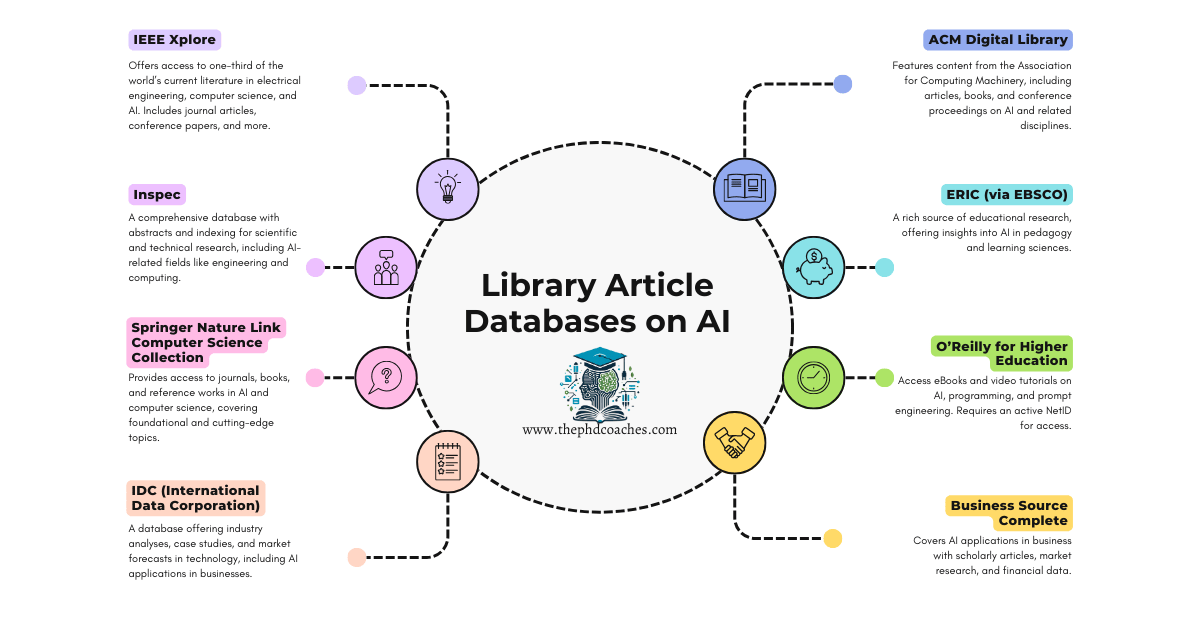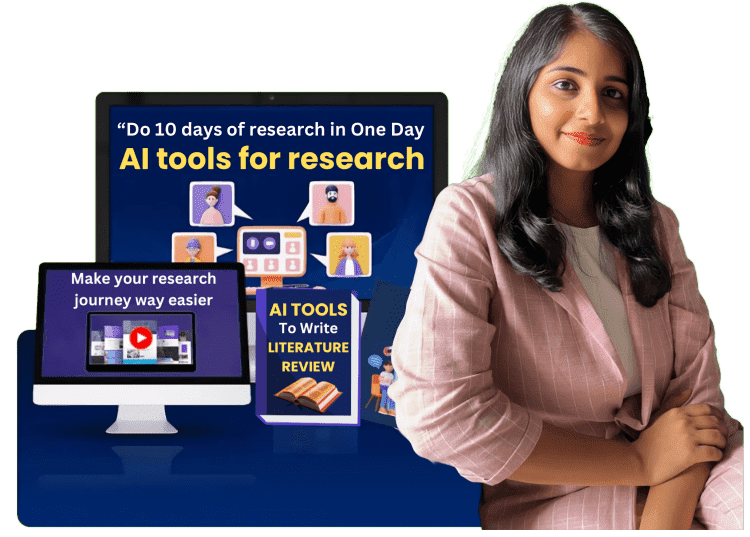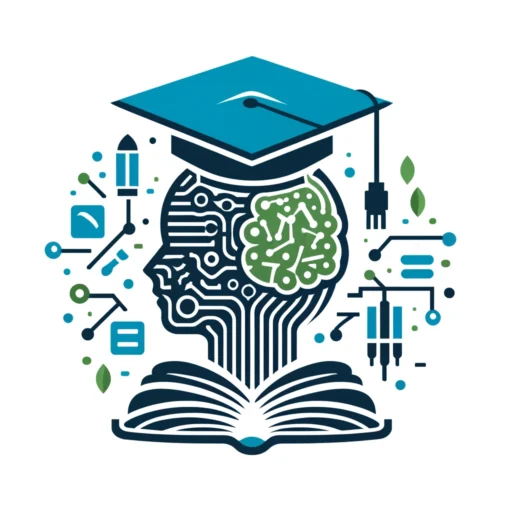Artificial Intelligence (Generative) Resources: A Comprehensive Guide

Artificial Intelligence (AI) is revolutionizing how we learn, work, and innovate. Whether you are a student, researcher, educator, or professional, the vast landscape of generative AI resources can help you enhance your work and understanding of this transformative technology. This guide provides a curated list of essential resources on generative AI, from foundational concepts to specialized tools and emerging ethical considerations.
AI Fundamentals: Understanding the Basics
Generative AI refers to systems capable of creating new content—be it text, images, music, or data—based on patterns they’ve learned. For newcomers, understanding AI fundamentals is the first step to leveraging its power. Explore online tutorials, introductory courses, and articles that break down the basics of machine learning, natural language processing, and AI-driven creativity.
AI Tools for Research
Harnessing AI for research requires familiarity with the tools designed to enhance productivity and provide deeper insights. Some popular tools include:
- ChatGPT and Bard: AI tools that assist with summarizing research, generating ideas, or improving writing.
- Wolfram Alpha: A computational engine that answers complex scientific and mathematical queries.
- DALL-E and MidJourney: Generative tools for creating AI-powered art and visualizations.
How to Craft Prompts
Creating effective prompts is essential to obtaining high-quality results from AI tools. By leveraging frameworks like CLEAR—Concise, Logical, Explicit, Adaptive, Reflective—you can optimize your queries for better outcomes.
Pro Tip:
- Keep prompts specific and clear, and adapt them based on initial AI responses for refinement.
For more, see our blog on How to Craft Good Prompts.
Research Resources on AI
Generative AI is a rapidly evolving field, and staying updated with the latest literature is key. Below are top resources to help you dive into AI research:
Library Article Databases on AI
- IEEE Xplore
Offers access to one-third of the world’s current literature in electrical engineering, computer science, and AI. Includes journal articles, conference papers, and more. - Inspec
A comprehensive database with abstracts and indexing for scientific and technical research, including AI-related fields like engineering and computing. - Springer Nature Link Computer Science Collection
Provides access to journals, books, and reference works in AI and computer science, covering foundational and cutting-edge topics. - IDC (International Data Corporation)
A database offering industry analyses, case studies, and market forecasts in technology, including AI applications in businesses. - ACM Digital Library
Features content from the Association for Computing Machinery, including articles, books, and conference proceedings on AI and related disciplines. - ERIC (via EBSCO)
A rich source of educational research, offering insights into AI in pedagogy and learning sciences. - O’Reilly for Higher Education
Access eBooks and video tutorials on AI, programming, and prompt engineering. Requires an active NetID for access. - Business Source Complete
Covers AI applications in business with scholarly articles, market research, and financial data. - LinkedIn Learning
A hub for AI video tutorials and certifications. Includes practical examples and in-depth learning series.
Recent EBooks on AI
Expand your knowledge with the latest publications on AI:
- Artificial Intelligence and Learning Futures
By Stefan Popenici
Explores AI’s role in higher education, focusing on the balance between innovation and ethical challenges. - Augmented Education in the Global Age
Edited by Daniel Araya and Peter Marber
Examines the transformative impact of AI on education and the workforce in a rapidly evolving technological landscape. - The Ethics of Artificial Intelligence in Education
Edited by Wayne Holmes and Kaśka Porayska-Pomsta
A critical look at the ethical implications of AI in education, featuring expert perspectives on regulation and positive implementation. - Artificial Intelligence for Business Analytics
By Felix Weber
Introduces AI methods for business analytics, offering practical frameworks and real-world applications across industries. - Mind Mapping and Artificial Intelligence
By José Maria Guerrero
Discusses the integration of AI in mind mapping for better visualization and management of complex data. - A Beginner’s Guide to Introduce Artificial Intelligence in Teaching and Learning
By Muralidhar Kurni, Mujeeb Shaik Mohammed, and Srinivasa K G
Explains how AI can improve teaching, learning environments, and assessments in education.
Latest News on AI
Staying informed about breakthroughs, ethical debates, and real-world applications is crucial. Reliable sources for AI news include:
- AI-specific blogs and portals like OpenAI’s Blog.
- Tech-focused publications like Wired and TechCrunch.
- Research highlights from platforms like IEEE and Springer.
Ethics and AI
The integration of AI into various sectors raises important ethical questions, including concerns over bias, privacy, and the displacement of jobs. Delve into resources that provide frameworks for ethical AI development and deployment.
Key Topics to Explore:
- AI’s impact on marginalized communities.
- Transparent algorithm development.
- Policies for AI accountability and governance.
Citing Generative AI
When using generative AI tools like ChatGPT or DALL-E, understanding how to properly cite their contributions is essential. While citation practices for AI are still evolving, current recommendations include referencing the AI tool and its version, similar to how you would cite software.
Example Citation:
- OpenAI. (2024). ChatGPT (Version 4). Retrieved from https://chat.openai.com
AI, Authorship, and Copyright
Generative AI blurs the lines of authorship and copyright, raising questions about who owns AI-generated content. Key areas to understand include:
- The copyright status of AI-generated works.
- The role of human intervention in establishing authorship.
- Legal precedents regarding AI-created intellectual property.
Campus Resources and Policies
Many universities provide dedicated resources for exploring AI, including workshops, research labs, and ethical guidelines. Check your institution’s library or technology center for:
- Access to proprietary AI tools.
- Training sessions on AI applications.
- Policies for the ethical use of generative AI.
Conclusion
Generative AI is a field rich with potential, offering tools and insights that can transform how we work, learn, and innovate. By leveraging the right resources—databases, eBooks, tutorials, and ethical frameworks—you can harness AI’s capabilities responsibly and effectively.
Stay curious, stay informed, and let AI empower your next breakthrough!
FAQs
1. What is the advantage of using AI tools for a literature review?
AI tools like SciSpace and ResearchRabbit automate the search process, saving time and ensuring comprehensive coverage of relevant literature.
2. Can I use these tools for any research topic?
Yes, both tools support a wide range of disciplines and research topics. However, their effectiveness may depend on the availability of data in your field.
3. How do I ensure I’m selecting the best seed paper?
Choose a paper that is highly relevant to your research question, frequently cited, and published in a reputable journal or conference.
4. Are there alternatives to SciSpace and ResearchRabbit?
Yes, alternatives include Connected Papers, Semantic Scholar, and Google Scholar for similar functionalities.
5. Is manual effort still required when using these tools?
Yes, while these tools streamline the process, your judgment is crucial in selecting and interpreting the most relevant papers.

About Dr. Tripti Chopra
Dr. Chopra is the founder and editor of thephdcoaches.blogs and Thephdcoaches Learn more about her here and connect with her on Instagram, Facebook and LinkedIn.
Our Featured Courses

Explore Our Courses
Empowering Scholars and Academics to Achieve Excellence Through Personalized Support and Innovative Resources
Our Featured E-Products

Explore Our Products
Empowering researchers with expert tools and personalized resources to achieve academic success.


Leave a Reply